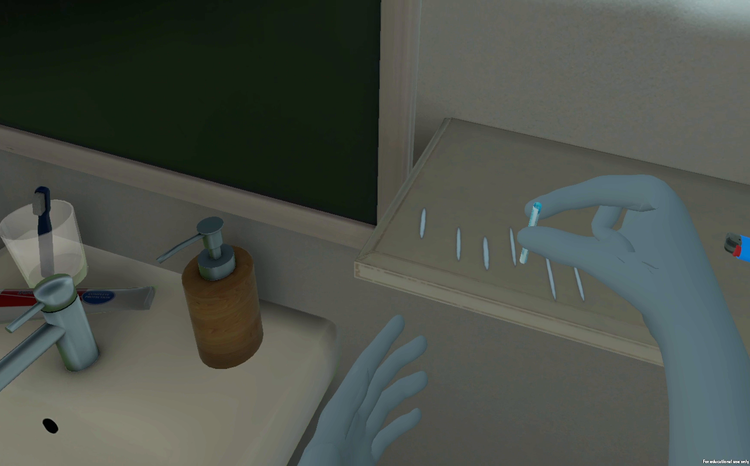Counter fraud staff to gain right to access NHS records
- 22 October 2004
Health Minister, Lord Warner today unveiled new powers that will provide NHS counter fraud staff with the power to demand access to NHS information, including patient records, held on paper or computer. Failure to comply would become a prosecutable offence. The proposed powers, which will require legislation, include a new right for the NHS Counter Fraud and Security Management Service (CFSMS) to “require access to original documents relating to all NHS bodies, individuals providing NHS services or contractors". The proposed powers, which will require legislation, include the right to require access to original documents relating to all NHS bodies, individuals providing NHS services or contractors. NHS staff or contractors who refuse NHS counter fraud specialists access to documents and information during the course of an investigation could face prosecution. The proposed powers would apply to all primary care trusts, NHS hospital trusts, foundation trusts and independent contractors such as GPs. A spokesperson for the NHS CFSMS told E-Health Insider that the proposed new powers would “Just make it a lot easier for all concerned as we wouldn’t have to get the police involved every time we want to get hold of documents." The spokesperson added that the powers proposed are already possessed by other public bodies including the Audit Commission and Primary Care Trusts. The proposed new powers would mainly apply to gathering evidence for fraud prosecutions against NHS personnel or independent contractors working for the NHS. “Patient fraud doesn’t take the same level of investigation as a doctor or other health professional," said the spokesperson. According to the Department of Health the proposed new powers, together with a proposed new right of “reasonable access" to health premises, will ensure NHS counter fraud specialists have access to the information they need to conduct investigations Health Minister, Lord Warner said: “We will not tolerate corruption and fraud in the NHS. Every single penny of the money we are investing in the NHS must be used for the purposes for which it was intended: new hospitals, doctors, nurses and life-saving equipment." In a statement the British Medical Association said: “The BMA would wish to co-operate with any fair and reasonable measures to tackle fraud in the NHS. However, doctors also have a duty to protect patient confidentiality. We have to be very careful about providing access to personal information, which could threaten the relationship of trust between doctors and their patients." There are now 500 NHS Counter Fraud and Management Specialists employed within the NHS. Unlike the proposals these staff would have also have a new power of “reasonable access", though they would not have the police’s powers of entry, search or seizure. The Government says that over the past five years fraud in the NHS has been reduced by 50% – saving the NHS £84 million. It claims that in total counter fraud work has saved £478 million. Between 1999 and January 2004 over 1500 investigations were completed. Another 453 investigations are ongoing; these include investigations into 52 GPs, 28 nurses, 24 hospital doctors and consultants, 71 pharmacists, 85 dentists, 23 opticians and 22 external contractors. Jim Gee, Chief Executive of the NHS CFSMS said: “It is encouraging that the Department of Health is consulting on providing these powers to The NHS Counter Fraud and Security Management Service. The CFSMS is pleased to have worked closely with the Department of Health to develop these balanced measures to prevent and detect fraud in the NHS." Gee added: “We believe that properly trained specialists, with appropriate powers and who are knowledgeable about the working of the NHS should be able to carry out investigations in a way that is sensitive to the needs of the overwhelming honest majority of patients and NHS professionals." The NHS CFSMS spokesperson said that the organisation was continuing to consult closely with the BMA and with the National Programme for IT. The consultation on the new powers is open for the next 12 weeks, closing on Monday 10th January 2005. mailto:Fraud.Access.Consultation@dh.gsi.gov.uk The consultation document is available @:http://www.e-health-insider.com/TC_DomainsBin/3/3/Document_Library0282//ConsultationDocumentFinal_draft.doc




